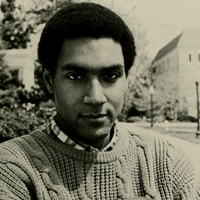On academic boycotts
Imagine discussions of Toni Morrison’s Beloved in the context of a nation facing ethnic and religious strife, or reading Thoreau and Emerson in the context of a nation struggling with both existential questions and defining for itself concepts of justice and equality. As the leader of an academic institution, I consider this an excellent example of the potential transformative power of the liberal arts, raising questions and generating discussions that both transcend time and place and also brightly illuminate current issues. Regardless of one’s views on the political solutions to Israeli/Palestinian relations, the cultural transformation needed to find peace in the region will require strong academic institutions with free and unfettered exchange of ideas with scholars from around the world. Collaborations among individual scholars and among institutions have the potential to support and nurture this cultural transformation.
